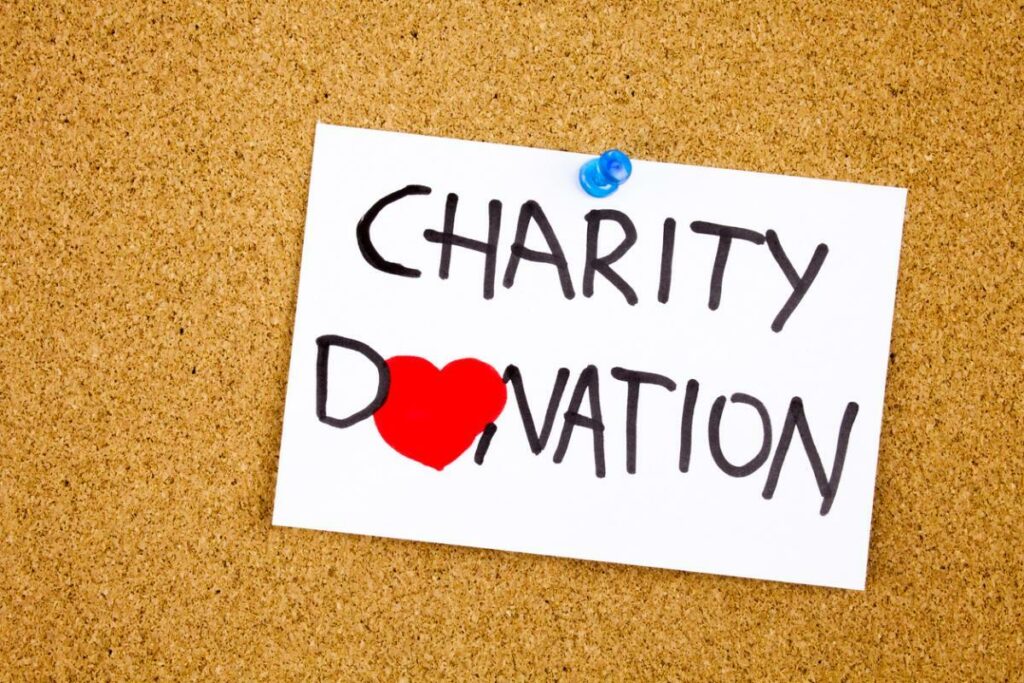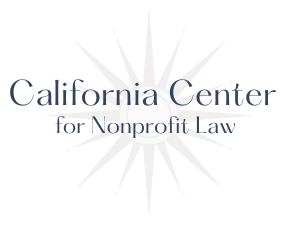
Managing Liability and Risk for Nonprofit Leaders
The boards of charities generally consist of invaluable volunteers who bring their expertise to the fundamental operations of the organization. While the board does not typically handle day-to-day decisions and operations, they do make major decisions about policies, finances, and major projects of the charity. As a result, board members potentially can face liability, both from an organizational and personal standpoint.
Risk of Organizational Liability
Board members often make decisions that can affect various stakeholders, including individuals who receive services from the charity, vendors, neighbors, members, and individual and institutional donors. Particularly in the current climate, many charities must make difficult decisions about finances that often leave one set of stakeholders or another unhappy. When a board decision is unpopular with a stakeholder, the organization may face legal action by the aggrieved party.
For instance, an unfriendly zoning board decision or a legal challenge by a disgruntled prospective neighbor could stymie plans to build a new facility. A loss of federal funding can lead to cutting programs for certain demographics, who may sue to keep the services they depend on in place. Elimination of programs also could lead to claims of discrimination against the organization. Donors unhappy with the organization’s current priorities may claim that their donations are not going to the projects they wished to support. Necessary changes in operational rules or membership eligibility can result in lawsuits from those who will no longer be a part of the organization.
Whether these lawsuits are successful depends on many factors, including the governing law and the facts and circumstances surrounding the action or change that led to the lawsuit. In very general terms, organizational liability lies in whether the organization owed a duty to the other party, whether it breached that duty, and whether board members acted in good faith and with due diligence in making their decisions.
For example, suppose smaller charities rely on your organization for funding, services, and/or supplies. A sudden or unexpected funding cut at the local, state, and/or federal level can leave your organization without sufficient funding to carry on all its programs. Board members may have to make hard decisions over cutting programs after reviewing a recalculated budget, prospective future funding, current organizational assets, and other similar factors. In cases such as these, the failure of the board to act in good faith or complete due diligence in making decisions could lead to organizational liability.
The individual board members are unlikely to face personal liability for these lawsuits; rather, the organization potentially risks liability. For incorporated entities, the corporation must bear the costs of a judgment against them, not the directors of the board. Likewise, organizational bylaws tends to protect board members from liability, as do state volunteer laws that exist in all states.
Nonetheless, board members can take affirmative steps to lower the risk of liability for the organization by ensuring they thoroughly review all relevant materials and options before making major decisions that impact others. They also can establish policies and procedures for board members to follow in making such decisions, which can guide them in acting in good faith and with due care.
Risk of Personal Liability
Although the risk of personal or liability for a board members of a charitable organization is rare, it is possible in some circumstances. Situations that may pose a risk of personal liability might include:
- Intentional acts to harm or injure others;
- Personally participating in tortious acts by organizational employees;
- Knowledge of illegal action by the organization;
- Participation in or approval of fraudulent contracts; and
- Actively participation in a transaction with which a board member has a conflict of interest or substantial personal or financial interest.
Frequently Asked Questions (FAQ)
What are some ways that charitable organizations can avoid liability based on board actions?
First, charitable organizations can provide initial orientation and continuing training to board members so that they are aware of their duties and responsibilities. Transparency and regular communication also can go a long way toward ensuring that the board is always supportive and aware of the organization’s actions.
Of course, having liability insurance in place for board members and officers is another way to mitigate the risk of liability. These individuals should be aware of available insurance coverage, the materials should remain easily accessible, and the organization should highlight any exclusions.
Finally, establishing clear policies, such as a conflict of interest policy, can avoid liability by ensuring all transactions are aboveboard. Enforcing board members responsibilities and holding them accountable for a lack of adherence to their duties will create a more effective board.
How can board members avoid personal liability?
Board members should be fully aware of their duties and responsibilities if they join a board and have the time and knowledge to carry them out. You should always pause and consider whether you are able to devote the time and energy necessary to serve as a board member of a charitable organization. You should be prepared for all board meetings and functions and only take on a leadership role if you believe that you have the capacity to do so competently.
What does it mean for a board member to act in good faith and with due care when making decisions?
Board members must enact policies that ensure transparency and set procedures for decision making on various topics. They must carefully review all relevant materials, consult experts as needed for opinions, and consider all potential options before making decisions. Board members also have a fiduciary duty to act in the best interests of the organization at all times, and not in a way that merely advances their own or another private party’s interests.
Call the California Center for Nonprofit Law Today
The laws that govern charitable organizations are complex and ever-changing. We aim to inform you of legal changes that affect your charitable organization. If you need legal advice or assistance, we are here to help. Contact an experienced nonprofit lawyer today. Contact the California Center for Nonprofit Law offices at (949) 892-1221, email us at info@NPOlawyers.com, or visit our website for more information today. We offer a wealth of experience handling the unique legal issues that charitable organizations routinely face.
